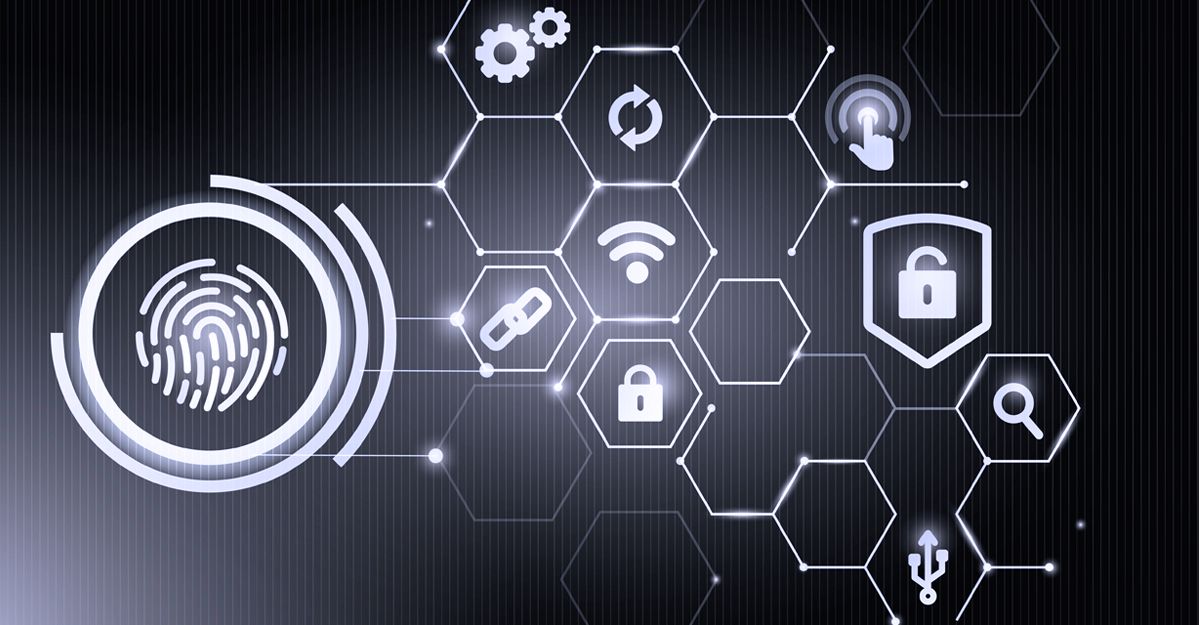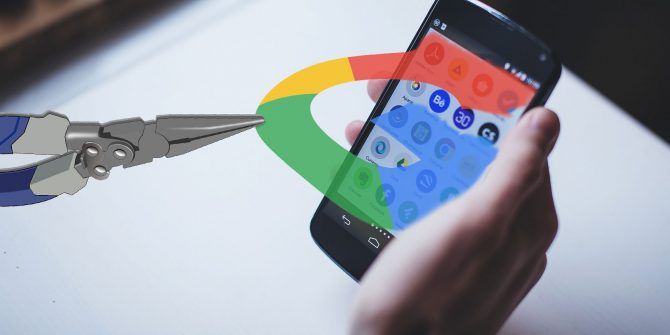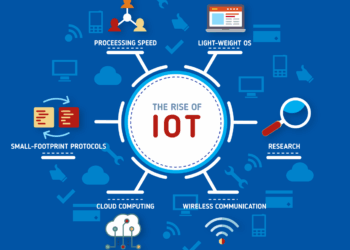In the sprawling digital universe we inhabit, your personal data has become the most valuable commodity. It’s the invisible currency powering the free apps you use, the targeted ads that follow you across the web, and the personalized content feeds that know what you want to see before you do. But this convenience comes at a steep price: a slow, often unnoticed erosion of your personal privacy. Have you ever talked about a product with a friend, only to see an ad for it on your social media feed moments later? That unsettling feeling is a symptom of a vast, intricate ecosystem designed to collect, analyze, and monetize your every click, search, and interaction.
This is not a guide about disconnecting from the modern world or living “off the grid.” It is a blueprint for empowerment. The goal is not to achieve perfect, unattainable anonymity, but to transition from being a passive subject of data collection to an active, informed architect of your own digital life. True data privacy is about conscious control—understanding who has your information, why they have it, and what they’re doing with it.
This comprehensive guide will demystify the complex world of data privacy. We will explore how your data is being harvested, why it’s so valuable to corporations and bad actors alike, and what legal rights you possess. Most importantly, we will provide a practical, step-by-step toolkit filled with actionable strategies you can implement today to fortify your digital defenses, minimize your data footprint, and reclaim control over your personal information. It’s time to turn the tables and become the master of your digital domain.
What is Data Privacy, Really?
Before we can protect it, we must understand what “data privacy” truly means. It’s a term often used interchangeably with “data security,” but they are fundamentally different concepts, like a diary and the lock on its cover.
- Data Security refers to the methods used to protect data from unauthorized access or theft. This is the lock, the firewall, the encryption. It’s the technical fortress you build around information.
- Data Privacy is about the rules and rights governing how personal data is collected, used, stored, and shared. This is about who has the key to your diary, what they’re allowed to read, who they can share it with, and for how long they can keep it.
In essence, you can have perfect data security with zero data privacy. A company could have an unbreachable, encrypted database of customer information (strong security), but if they sell that information to third-party advertisers without your consent, your privacy has been violated. True digital citizenship requires an understanding and application of both.
The Invisible Economy: How Your Data is Collected
Your personal data is the fuel for a multi-trillion-dollar industry. It’s collected through a myriad of channels, often in ways that are not immediately obvious. Understanding these methods is the first step toward mitigating them.
A. Website Cookies and Trackers: These are the most well-known data collectors. Cookies are small text files stored on your browser. While some are essential for website functionality (like keeping you logged in), others, known as third-party or tracking cookies, monitor your activity across different websites to build a detailed profile of your interests, habits, and demographics for targeted advertising.
B. Social Media Platforms: Every like, share, comment, click, and even how long you pause on a video is a data point. Social media platforms use this information not only to tailor your content feed but also to create highly specific audience segments for advertisers. They also collect metadata from your photos (like location and time) and analyze your connections to map your social graph.
C. Mobile Applications: When you install an app, you are often asked to grant a long list of permissions. Many users click “accept” without reading. These permissions can give an app access to your contacts, camera, microphone, location history, and files. While some are necessary for the app to function, others are used solely for data harvesting.
D. Internet of Things (IoT) Devices: Your smart speaker, smartwatch, smart TV, and even your smart refrigerator are all potent data collection devices. They can collect data on your voice commands, health metrics, viewing habits, and daily routines, sending this information back to their parent companies for analysis and product development.
E. Data Brokers and Public Records: An entire industry of data brokers exists to buy, aggregate, and sell personal information. They scrape data from public records (property ownership, court records), social media profiles, and purchase histories from retailers. They then compile this into detailed individual profiles that can be sold to other companies for marketing, risk assessment, and even background checks.
Why is Your Personal Data So Valuable?
Data isn’t just collected for the sake of it; it’s refined and used in ways that directly impact corporate bottom lines and, in some cases, your personal life.
- Hyper-Targeted Advertising: This is the most common use. By understanding your interests, purchase history, and life events (like getting married or having a baby), companies can serve you ads with an almost supernatural level of relevance, dramatically increasing their return on investment.
- Product and Service Personalization: Companies like Netflix and Spotify use your viewing and listening history to recommend content, creating a “stickier,” more engaging user experience that reduces customer churn.
- Risk Assessment and Scoring: Your data can be used to determine your eligibility for loans, the price of your insurance premiums, and even your attractiveness as a job candidate. Data points about your online behavior can be used to create a “risk score” you may never even know exists.
- Political Campaigning and Influence: As seen in numerous global elections, data analytics can be used to identify persuadable voters and target them with tailored political messaging, influencing public opinion on a massive scale.
- Identity Theft and Scams: In the wrong hands, your data is a weapon. Your name, address, date of birth, and answers to security questions can be pieced together by criminals to commit identity theft, open fraudulent accounts, or execute highly convincing phishing scams.
Know Your Rights: A Global Overview of Data Protection

In response to growing public concern, governments around the world have begun to enact data protection legislation. These laws grant citizens specific rights over their personal information. While the legal landscape is a complex patchwork, two frameworks are critically important.
A. The General Data Protection Regulation (GDPR): Enacted by the European Union, the GDPR is the global gold standard for data privacy. It grants individuals several key rights, including the right to access their data, the right to correct inaccuracies, and the right to be forgotten (to have their data deleted). It forces companies to have a lawful basis for processing data and to be transparent about their practices. Because it applies to any company that processes the data of EU citizens, its impact is global.
B. The California Consumer Privacy Act (CCPA) & California Privacy Rights Act (CPRA): These laws provide California residents with similar rights to the GDPR, including the right to know what information companies are collecting about them and the right to opt-out of the sale of their personal information. As California is the world’s fifth-largest economy and home to Silicon Valley, the CPRA sets a high bar for data privacy standards across the United States.
Understanding that you have these rights is crucial. It means you are not powerless and can formally request that companies disclose or delete the data they hold on you.
The Ultimate Toolkit: Actionable Steps to Protect Your Privacy
Taking control of your data privacy requires a multi-layered defense. Here are practical, actionable steps you can take to significantly reduce your data exposure and secure your digital life.
A. Fortifying Your Digital Foundations
These are the non-negotiable basics of personal cybersecurity and privacy.
- Use a Password Manager: The human brain is not designed to create and remember dozens of unique, complex passwords. A password manager (like 1Password, Bitwarden, or LastPass) generates and securely stores long, random passwords for every account. You only need to remember one master password. This is the single most effective step to prevent account takeovers from data breaches.
- Enable Two-Factor Authentication (2FA) Everywhere: 2FA adds a critical second layer of security to your accounts. Even if a hacker steals your password, they cannot log in without a second code, which is typically sent to your phone via an authenticator app (like Google Authenticator or Authy) or a physical security key. Enable it on your email, social media, and banking accounts immediately.
B. Mastering Your Web Browser
Your browser is your primary gateway to the internet. Tame it to prevent rampant tracking.
- Switch to a Privacy-Focused Browser: Browsers like Brave (which blocks trackers and ads by default) or DuckDuckGo (which focuses on search privacy and tracker blocking) offer a much higher level of out-of-the-box protection than standard browsers.
- Use Essential Privacy Extensions: If you stick with Chrome or Firefox, install extensions like uBlock Origin (an ad blocker) and Privacy Badger (which specifically blocks invisible trackers).
- Use a Virtual Private Network (VPN): A reputable VPN encrypts your internet traffic and masks your IP address. This prevents your Internet Service Provider (ISP) from seeing your browsing activity and makes it much harder for websites to track your physical location.
C. Taming Your Social Media Footprint
Social media platforms are designed for sharing, but you control the limits.
- Conduct a Full Privacy Audit: Go deep into the privacy and security settings of every social media account you own (Facebook, Instagram, LinkedIn, X, etc.). Limit who can see your posts, control how your data is used for ads, and revoke access for third-party apps you no longer use.
- Think Before You Post: Treat everything you post as permanent and public. Avoid sharing sensitive information like your full birthdate, home address, or vacation plans in real-time.
- Scrub Your Public Profile: Limit the amount of personal information (like your phone number or personal email) visible in your public bio.
D. Securing Your Mobile Devices
Our phones hold the keys to our digital kingdom. Lock them down.
- Audit App Permissions: Regularly go through your phone’s settings and review which apps have access to your location, contacts, microphone, and photos. If an app doesn’t need access to function, revoke it. Be especially wary of apps that request access to “location at all times.”
- Use Private DNS: On both Android and iOS, you can change your DNS settings to a privacy-focused provider (like Cloudflare’s 1.1.1.1 or Quad9). This can prevent your mobile carrier from logging the websites and servers your phone is accessing.
The Future of Privacy: What’s Next?

The battle for data privacy is ongoing. The future will be defined by the tension between technology’s ever-increasing capacity for data collection and society’s demand for greater control. Trends like the shift to a “cookieless” internet, where advertisers must find new ways to target users without third-party trackers, and the rise of AI in both surveillance and privacy-enhancing technologies will shape the next decade. The ultimate goal is a digital world where privacy is not a luxury feature, but the default setting.
Your journey to digital privacy begins with a single step. You don’t have to do everything at once. Start today by installing a password manager or auditing the permissions on your mobile apps. Each small action is a vote for a more private and secure digital future. By being mindful, educated, and proactive, you can transform your relationship with technology from one of passive compliance to one of empowered control.












